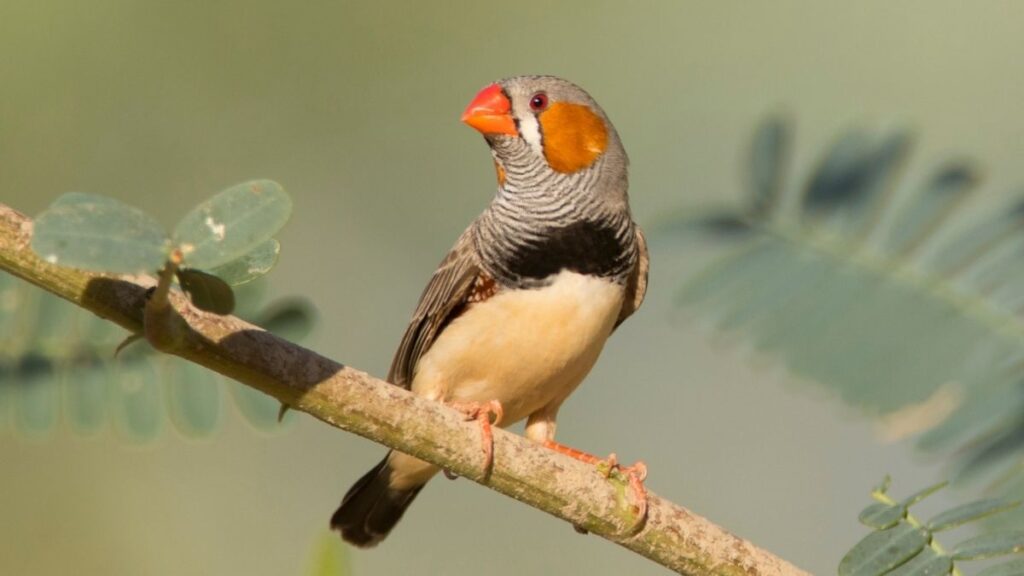
Dawn across the globe is heralded by the symphonies of birds, yet the reasons behind this daily avian concert have long eluded scientists. A recent study, though not yet peer-reviewed, delves into this phenomenon using captive zebra finches (Taeniopygia guttata). The findings suggest that the intensity of their morning songs may be linked to the anticipation of sunrise after hours of darkness.
In a controlled laboratory environment, male zebra finches were observed singing prolifically in well-lit conditions. However, in complete darkness, they remained silent. This led researchers to investigate how the transition from night to day influences the dawn chorus.
The Experiment: Delaying Sunrise
To explore this behavior, researchers artificially delayed sunrise by three hours by keeping the lights off longer than usual. The result was a noticeable change: the finches began singing sooner and with greater intensity compared to mornings when sunrise was not delayed. This behavior suggested an eagerness for the day to commence.
Interestingly, despite the delay in dawn’s arrival, the birds did not sleep in. They were awake at their usual time, active in the darkness, yet refraining from singing. The study further confirmed their impatience by providing the birds with a switch to trigger ten seconds of early light. Birds in the delayed dawn scenario frequently used this switch, unlike their counterparts experiencing an earlier sunrise.
Insights from the Study
“Birds wake up in the dark long before dawn, likely through the hormonal mechanisms associated with melatonin, and their intrinsic motivation to sing increases while spontaneous singing is being suppressed by the darkness,” writes the team led by biologist Ednei Barros dos Santos of the Korea Brain Research Institute.
This behavior may serve a practical purpose: the intense morning song could help birds warm up their vocal cords after a night’s rest, honing their performance to enhance reproductive success during the day. The researchers propose that similar mechanisms might apply to the dawn chorus observed in wild birds.
Broader Implications and Future Research
This study opens new avenues for understanding avian behavior and the evolutionary advantages of the dawn chorus. While the research focused on zebra finches, it raises questions about whether similar patterns exist in other bird species. The idea that vocal exercises at dawn could be a widespread phenomenon among wild songbirds is intriguing and warrants further exploration.
Future research could expand on these findings by examining different species in various environments to see if the dawn chorus serves similar functions universally. Moreover, understanding the hormonal and neurological triggers for this behavior could provide deeper insights into the complex lives of birds.
The study’s findings not only enrich our knowledge of avian biology but also highlight the intricate connections between environmental cues and animal behavior. As researchers continue to unravel these mysteries, our appreciation for the natural world and its symphonies grows ever deeper.





